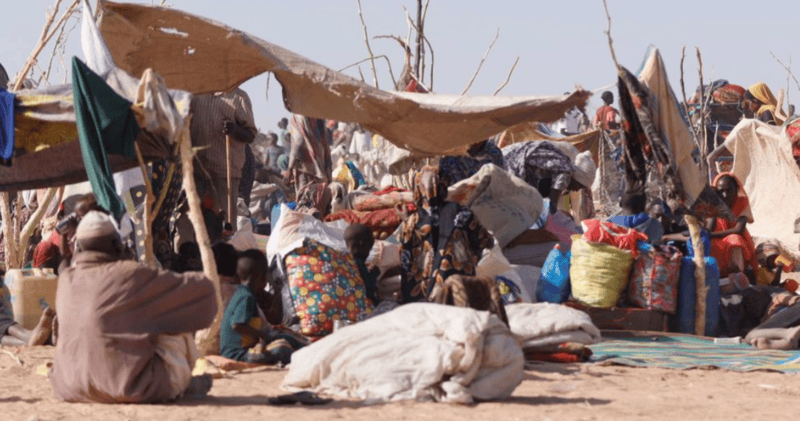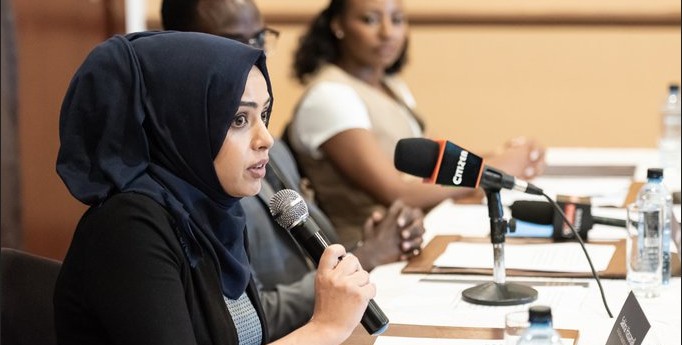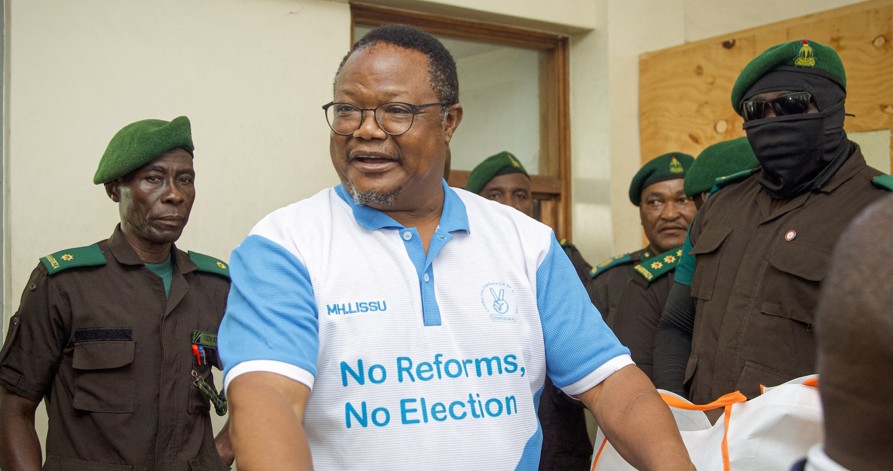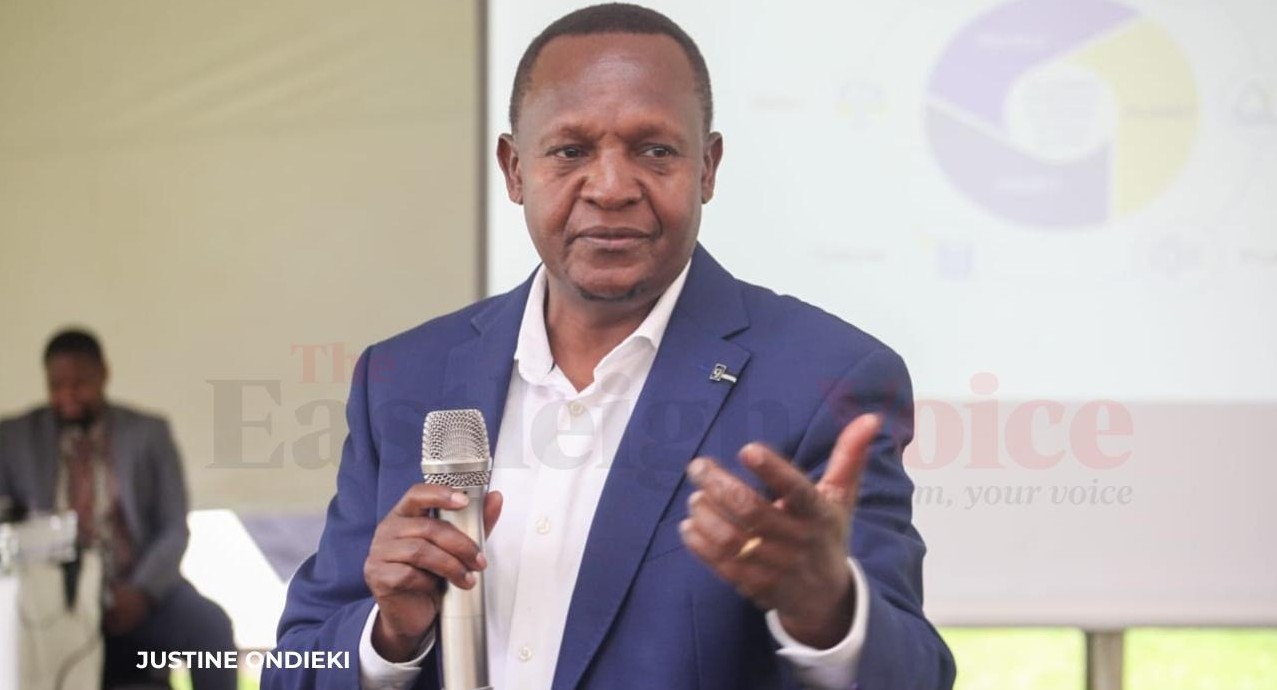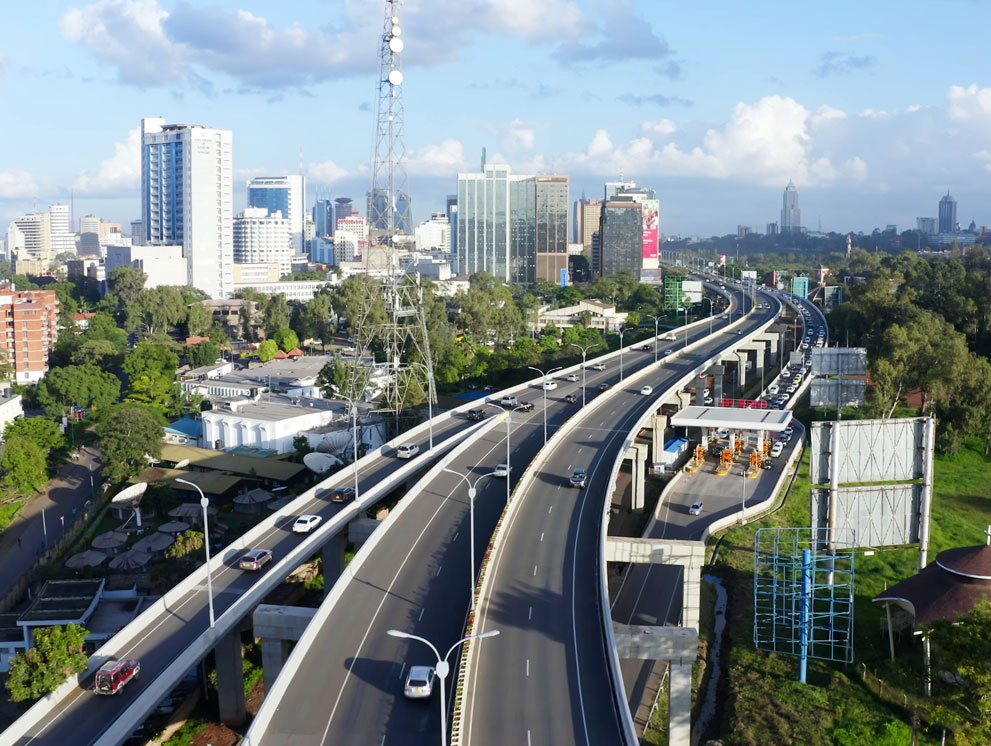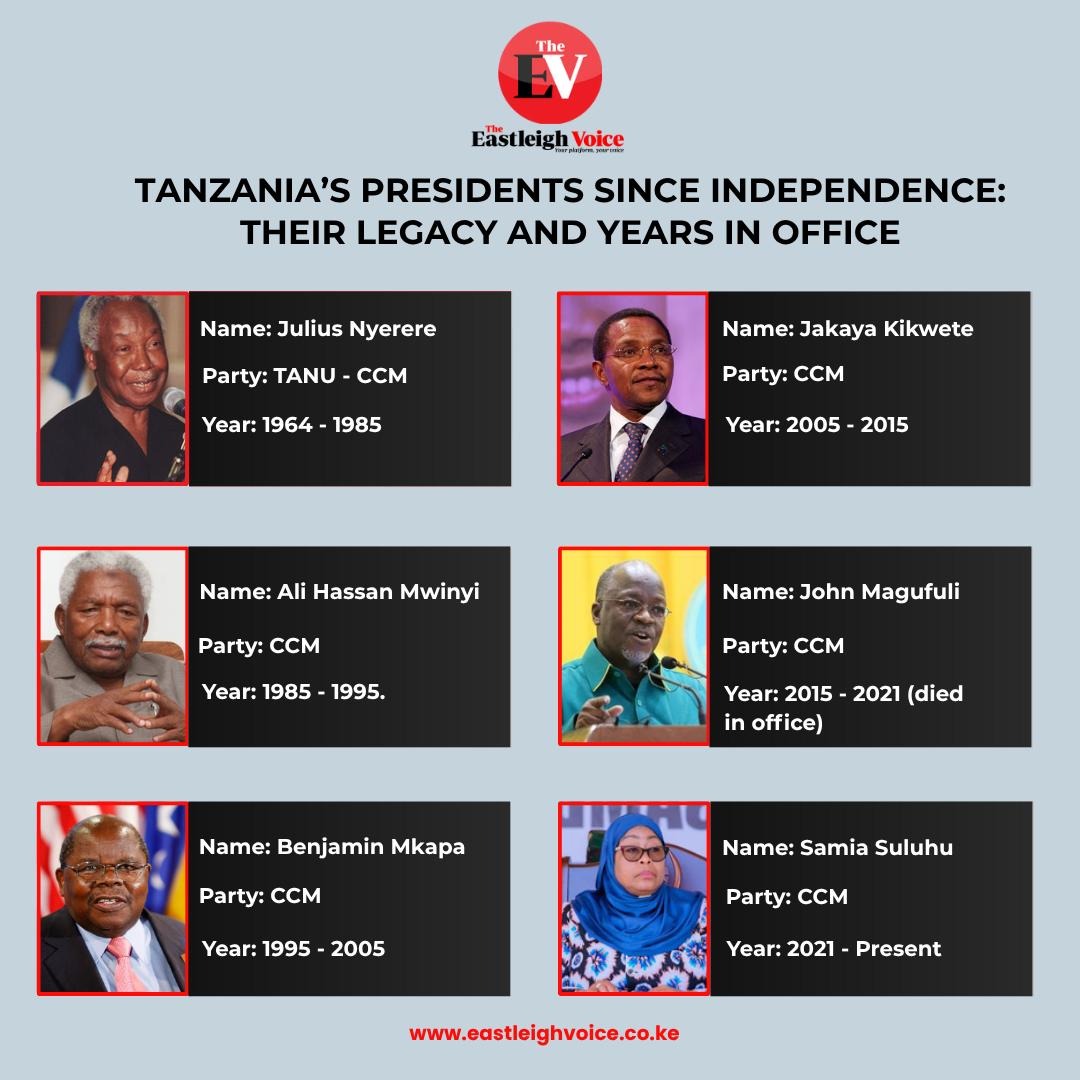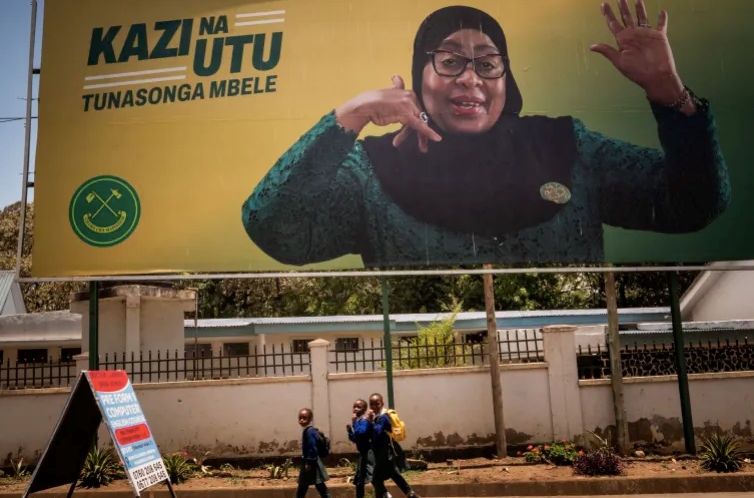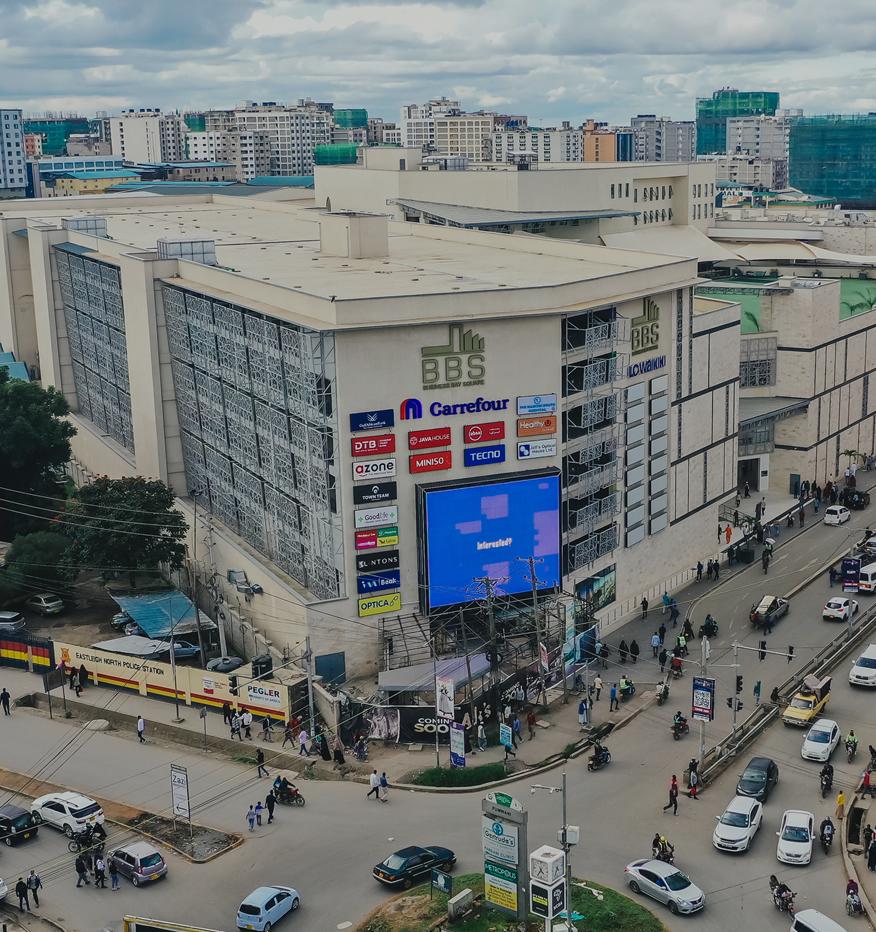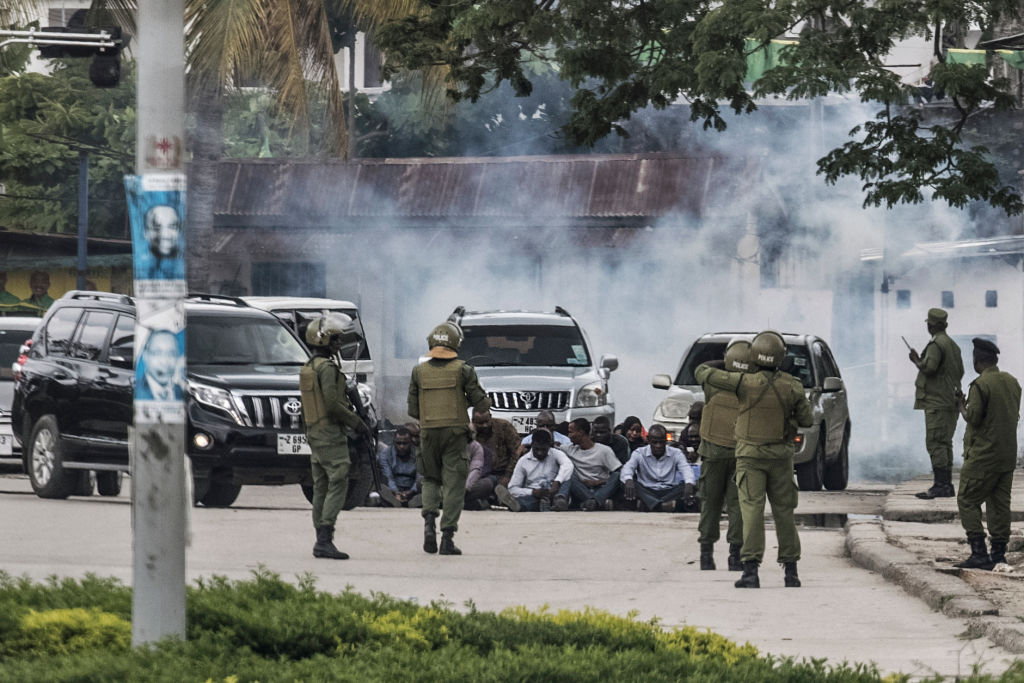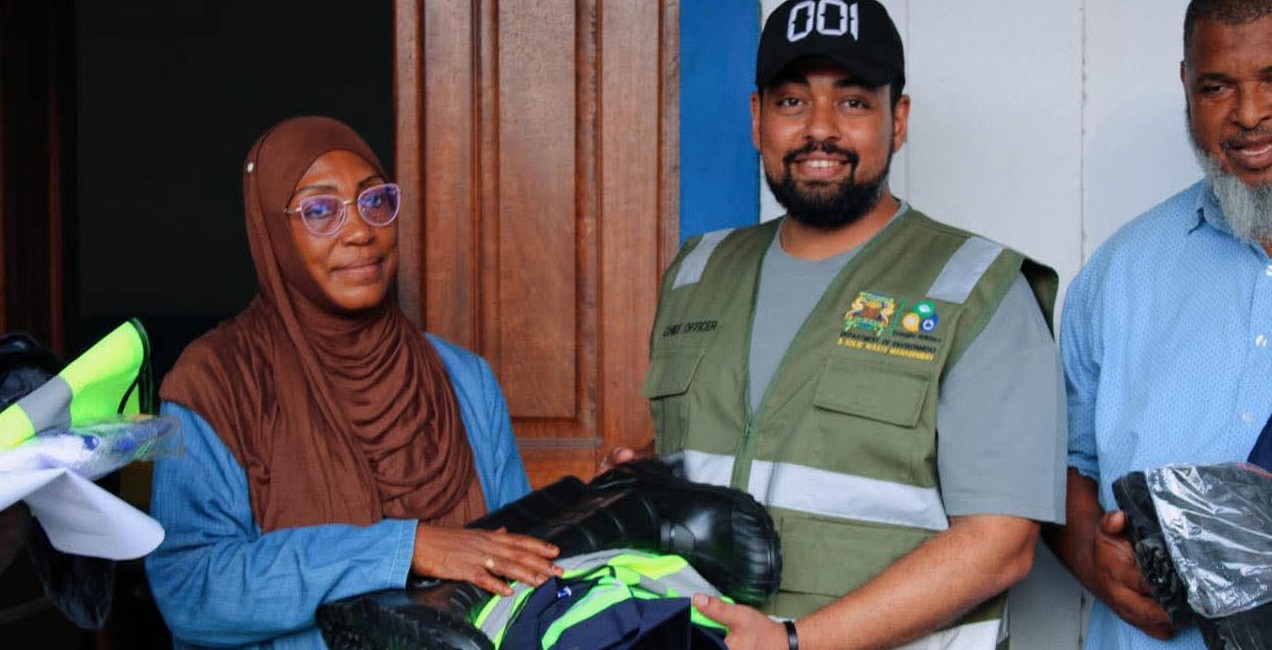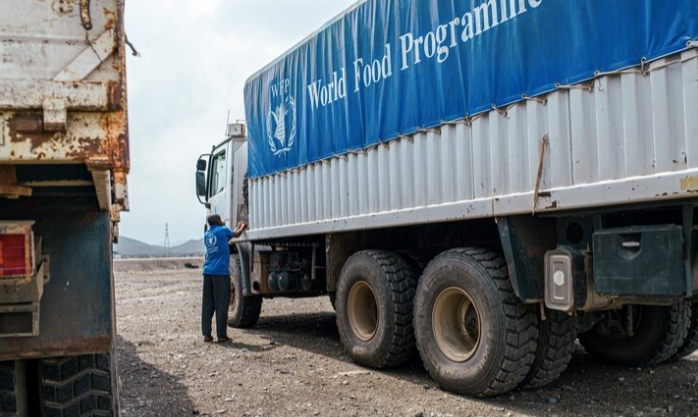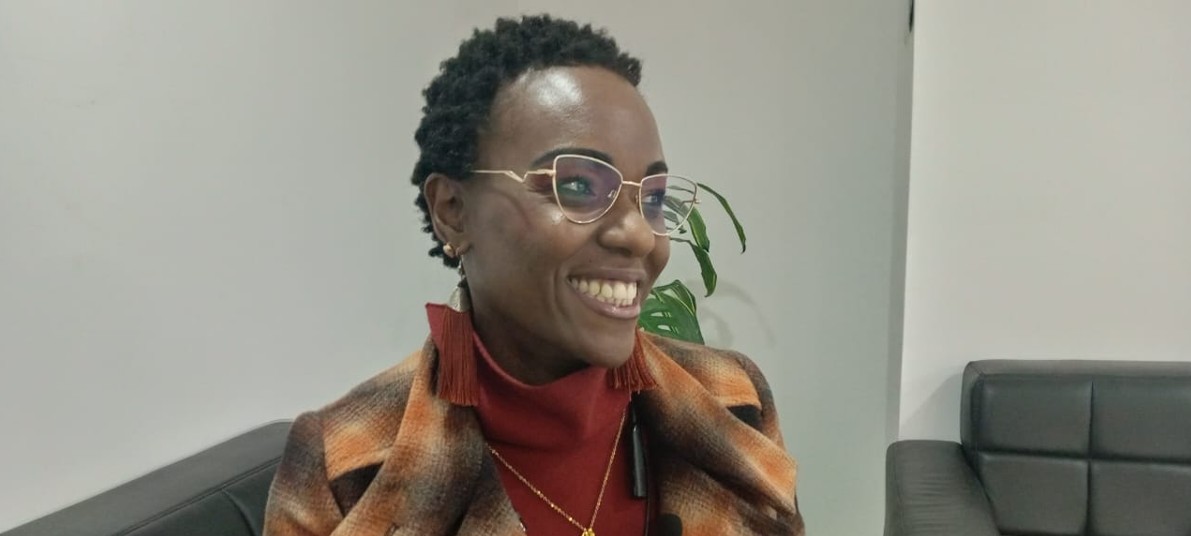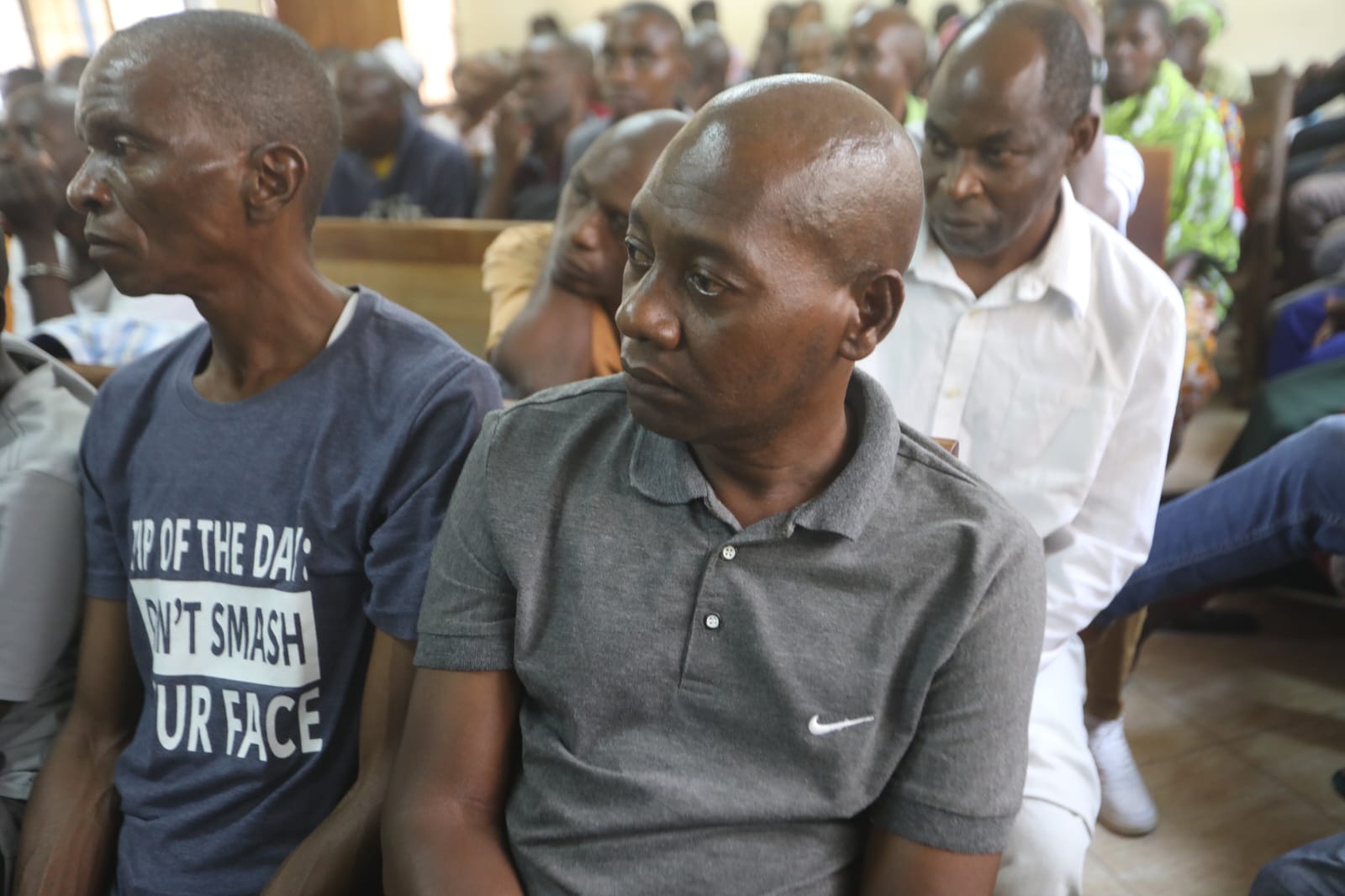How water token system brought relief to Kamukunji’s Kitui village

The communal taps are placed strategically in the village, making water easily accessible to everyone
On a sunny Wednesday morning, Mildred Aloo is washing clothes outside her house in Pumwani’s Kitui village, located in Nairobi’s Kamukunji Sub-County.
Despite the scorching sun, she is comfortable fetching water from a communal tap a few meters away. This tap is one of the 10 installed in Kitui village that use a water token system.
More To Read
- CS Wandayi, senators clash over county wayleave fees in Energy Bill debate
- Nairobi informal areas get sanitation boost through new simplified sewer system
- Muinami Street upgrade brings hope to Pumwani and California residents and traders
- 2,000 trees planted in schools on Mazingira Day in Kamukunji
- Kamukunji’s Kinyago Kanuku hosts groundbreaking breast and cervical cancer screening
- Nairobi Water to cut supply from October 15 over unpaid bills
“Water is no longer a problem as you can see. It is available to us at any time,” Aloo told The Eastleigh Voice.
For years, residents of Kitui village endured a daily struggle to get enough water for their needs. Many, especially women, had to buy water from vendors who sold a 20-litre jerrycan for Sh20. Not only was it expensive but carrying the jerrycans was cumbersome for them.
However, in 2021, the defunct Nairobi Metropolitan Services (NMS) introduced the water token system in informal settlements, starting with Mukuru Kwa Reuben.
“Previously, we had to use the little money we had to purchase water, an essential commodity that no household can do without. The water vendors were making a killing since in a day I could spend up to Sh100 to buy water for domestic use. But with the water token system, residents only pay for the water they need,” Aloo said.
The then NMS Director for Water and Sanitation Stephen Githinji said the water token system would ensure residents of Nairobi's informal settlements and low-income earners access clean water at low prices.
He said that the water token system would enable the residents to pay only for the water they need.
"The tokens are sold at 50 cents [for every] 20 litres. Once residents are given the chip, they will insert it into a gadget at the water stations which will automatically release the amount of water the resident requested," Githinji said.
According to Aloo, using the tokens to get water from the community taps is straightforward and convenient. She proudly showed the blue chip that she uses, hung around her neck.
To access the service, one sends money to a Nairobi Water and Sewerage Company officer via M-Pesa who loads it and activates the user’s chip. One can then tap it into the system to access water.
Aloo said the water they buy is clean enough for drinking, although some people prefer to treat it first.
"I use the water for everything – washing clothes, cleaning, cooking, and drinking. And we never run out of it because we know exactly how much water we can get with our tokens," she said.
The communal taps are strategically placed in the village, making water accessible to everyone.
Since the water token system was introduced, cases of waterborne diseases like cholera have reduced in Kitui village, according to Maria Wambui, another resident.
"We used to have a lot of sickness from drinking water sold to us by vendors. But since the water token system was introduced, diseases are rare,” she said.
While the system has challenges like occasional technical issues or maintenance delays, residents rarely go for more than 24 hours without water.
In Kitui village, the water token system has changed lives. It has made water more affordable and accessible, improving health and life for everyone in the community.
Revised plan reveals severe water shortage in Nairobi estates
Nairobi has been battling a water shortage since 2017, and the situation has not improved.
The city needs 770 million cubic metres of water daily, but the Nairobi City Water and Sewerage Company (NCWSC) supplies only about 520 million cubic metres.
The shortage is projected to worsen, with the Nairobi Water Master Plan showing the city will require 1.2 billion litres of water daily by 2035.
This has subjected the over five million Nairobi residents to water rationing with some estates, especially in Eastlands, even going for a week with dry taps.
Different estates receive water on specific days of the week; some for a few days and others for just a few hours.
A revised water distribution programme by NCWSC paints a grim picture of how estates receive water.
In the Kamukunji Sub-County, Eastleigh Section Three will be getting water from Friday, 10 am to Saturday 8 am while Eastleigh 1st, 2nd, and 3rd Avenue will have water from Saturday 2 pm to Monday 8 am.
Other areas including Muratina Road, Pumwani, Kiambiu, Starehe, Kariokor, Race Course, Pumwani, and Ushirika will also have water supplied on Saturdays from 2 pm to Mondays at 8 am.
California and Majengo will get water on Mondays from 8 am to Thursdays at 3 pm.
This leaves many people at the mercy of water vendors who sell the basic commodity for Sh30 for every 20 litres.
In 2019, NCWSC Managing Director Nahason Muguna said the solution to water shortage in the city was to develop new water sources.
He noted that the volume of water currently flowing to the city was supposed to serve the Nairobi population only up to the year 2000.
Nairobi City County gets its water from Kikuyu Springs, Ruiru, Sasumua, and Thika dams. The water is treated at Ng’ethu, Sasumua, Kabete, and Kikuyu water treatment works.
The four have an installed maximum daily production capacity of 440 million litres, 61 million litres, 20 million litres, and 4 million litres, respectively.
Top Stories Today
